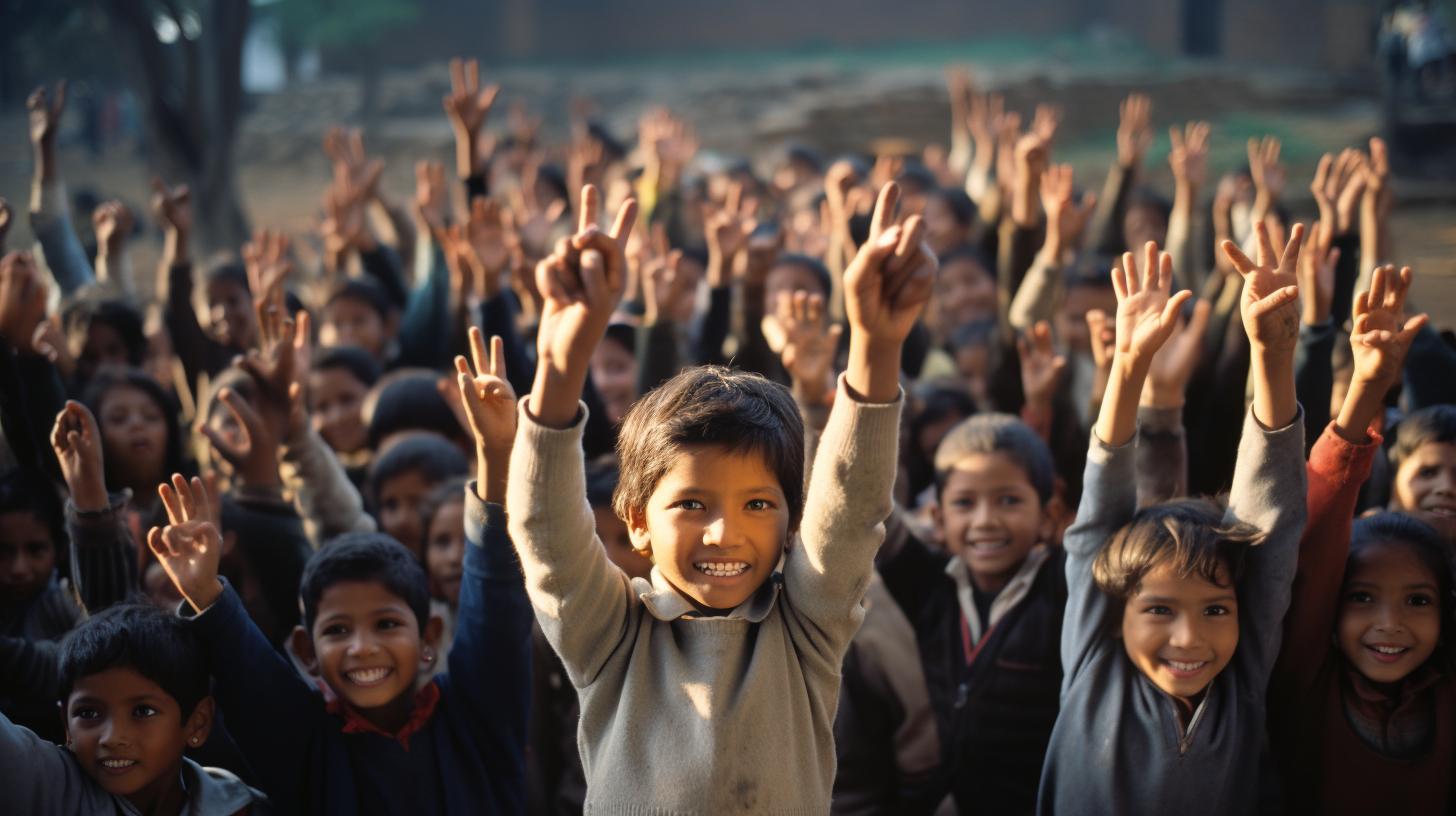The digital revolution has reimagined every aspect of our lives, and the education sector is not an exception. The latest chapter? Decentralized Autonomous Organizations (DAOs) steering the course of how learning is crafted, experienced, and valued. These are not your traditional school boards; they are dynamic networks where every participant has a say and a stake in shaping what the future of education looks like.
“Education is not the filling of a pail, but the lighting of a fire.” This sentiment by W.B. Yeats has never felt more relevant. The fire of learning is being stoked by communities, not top-down hierarchies, and DAOs are the torchbearers of this transformative flame.
Imagine a school system where curriculum development, resource allocation, and teaching methodologies are decided not by a few, but by a collective, driven by consensus and participatory governance. Welcome to the era of Education DAOs, where every community member from teachers to students, parents to local entrepreneurs, can contribute to and directly influence educational decisions through blockchain technology.
The most radical shift is the financing model. Traditionally, schools rely on government funds or private fees, often leading to inequality and accessibility issues. Education DAOs, on the other hand, operate on cryptocurrency, which not only ensures transparency and accountability but also opens doors to crowdfunding for projects and scholarships by global benefactors.
One such pioneering platform is the Universal Learning Ledger (ULL), highlighted in our magazine previously. It proved to be a game-changer by affording seamless recognition of educational achievements across borders. Now, building on its foundation, DAOs can facilitate a Global Education Wallet (GEW), fostering an ecosystem where learning credentials are universally acknowledged and portable.
At the crux of DAOs is smart contract technology. These code-based contracts enforce agreements and transactions without the need for intermediaries, which, in an educational context, translates to self-executing scholarships upon meeting certain criteria or automatically regulating donations to areas of most need based on performance metrics.
In ‘Crypto-Cities’, we see Education DAOs catalyzing bespoke learning environments tailored to local industry needs. Industry professionals can directly fund and mentor programs producing skilled graduates ready to dive into the job market, essentially closing the gap between education and employment.
Yet, for all the leaps of progress, challenges do emerge. DAOs are democratic but require a level of digital literacy to participate effectively. Furthermore, as mentioned in ‘Is Crypto-Supported Education the Path to Erasing Illiteracy Globally?’, regulatory lag and the digital divide remain significant hurdles to universal adoption.
Nonetheless, the impact on developing nations is monumental. DAOs democratize education funding, bypassing corrupt or inefficient systems, thus driving educational empowerment from the ground up. Communities take charge, prioritizing what they value, from local language courses to tech workshops, making education responsive and relevant.
In conclusion, Education DAOs are not just about injecting blockchain buzzwords into the classroom; they are about reshaping the very foundations upon which knowledge is built, shared, and validated. The paradigm shift towards a community-driven educational ecosystem may not be devoid of growing pains, but it is undoubtedly charged with potential — a collective journey towards enlightenment and empowerment, block by block.
The question that remains is not if, but how rapidly, this evolution will become the mainstay. As more communities onboard the DAO model, the education landscape will continue to morph, promising an engaging, continuous storyline for our audience who are witnessing the birth of a new chapter in history — a storyline that points towards a future not just imagined, but collaboratively created.
